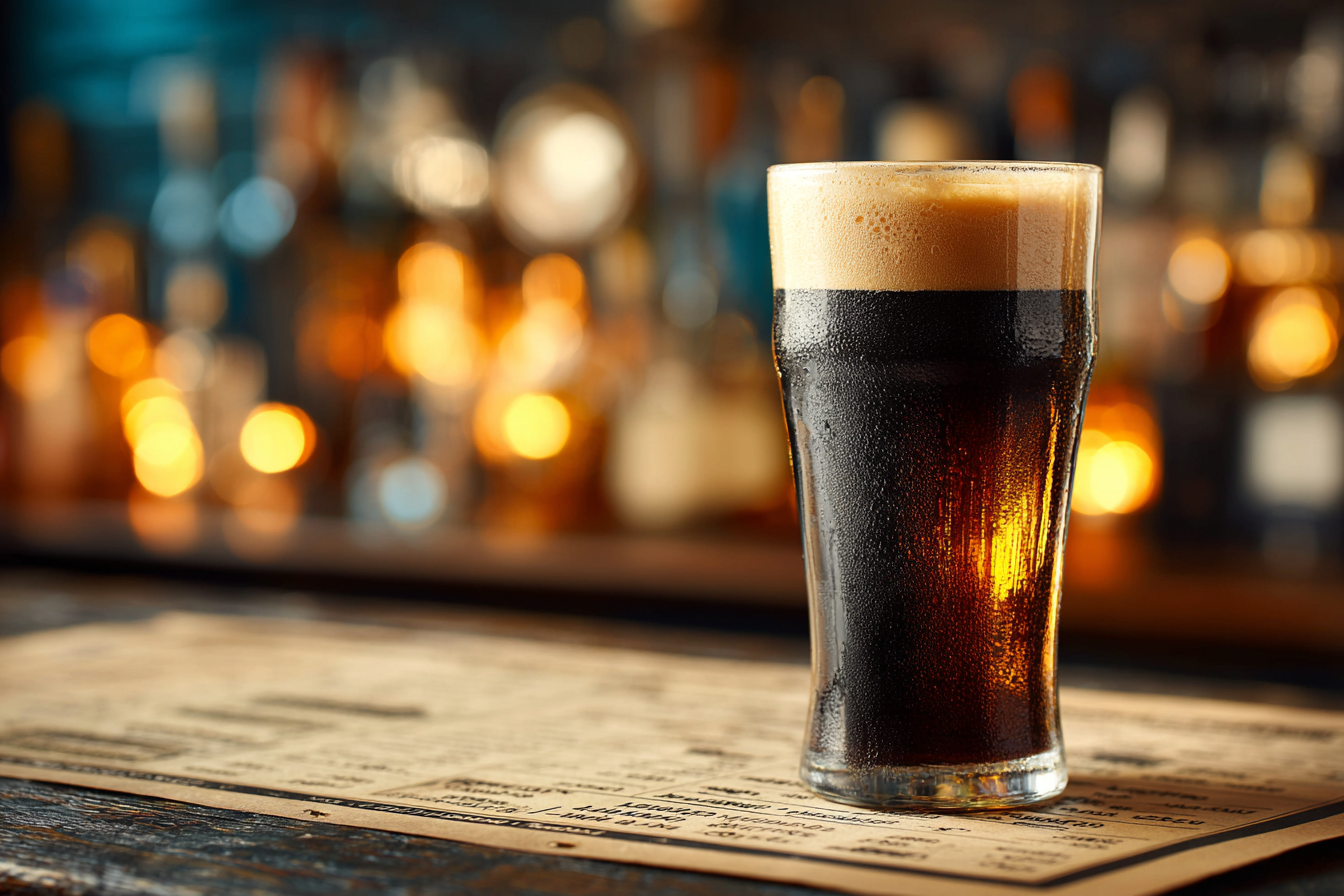When you sit down with a dark, rich American stout in hand, you’re not just savoring bold flavors and roasted notes—you’re also enjoying a beverage with a unique nutritional profile. Understanding what goes into your stout can help you make smarter drinking choices, aligning your enjoyment with your dietary goals. From calories to carbohydrates and alcohol content, there’s more to these beers than meets the eye. Let’s dive into the nutritional facts of American stouts and see what exactly is in your favorite dark brew.
Understanding Beer Nutrition
Beer, in general, is a fermented beverage made primarily from water, malted barley, hops, and yeast. Beyond alcohol, beer contains calories derived mostly from carbohydrates and alcohol itself, with small amounts of protein and negligible fat. The nutrition in a beer reflects its ingredients and brewing process, which varies widely depending on style. Dark beers like American stouts often have more roasted malt and a higher calorie content compared to lighter beers. Knowing the basic nutrition helps you enjoy beer responsibly and balance it with your overall diet.
Typical Calorie Range in American Stout
One of the first questions beer lovers ask is, “How many calories are in my stout?” The calorie content in American stouts typically ranges from 180 to 250 calories per 12-ounce serving. This is higher than the calorie count in many light lagers or pilsners, which often hover around 100-150 calories. The additional calories come from a combination of alcohol and residual sugars. Stouts, with their robust malt profile, naturally carry more unfermented carbohydrates and a higher alcohol content, both contributing to the calorie total.
Carbohydrates and Sugar Content
Carbohydrates in beer come primarily from malted barley and other grains used in brewing. In an American stout, the carbohydrate content usually falls between 15 to 25 grams per 12-ounce serving. These carbs provide the beer’s body and sweetness and influence how heavy or light the beer feels on your palate.
The sugar content in stouts is relatively low, because most sugars are fermented by the yeast into alcohol. However, some residual sugars remain, contributing to the subtle sweetness and mouthfeel characteristic of this style. Typically, sugar amounts are minimal, often less than 1 gram, which means most of the carbohydrates are in the form of complex starches and dextrins rather than simple sugars.
Alcohol by Volume (ABV) Overview
Another key nutritional component to consider is the alcohol by volume (ABV). American stouts generally have an ABV ranging from 5% to 7.5%, though some can be stronger, reaching up to 10% or more in imperial or robust versions. The alcohol content not only contributes to the flavor and warming sensation but also significantly impacts calorie content since alcohol provides 7 calories per gram.
Because of its alcohol concentration, enjoying stout in moderation is important. Higher ABV means more calories per serving and a greater effect on your body, so awareness helps with healthier consumption.
Protein and Fat Values
Beer is not a significant source of protein or fat. In American stouts, the protein content is quite low, usually less than 2 grams per serving, mostly derived from the malted barley. Fat is virtually nonexistent in beer, as none is produced during brewing, and none is added.
While the protein level is minimal, it does contribute slightly to the body and head retention (the foam on top) of the beer, enhancing the drinking experience. But nutritionally, it’s not a major contributor to your diet.
Serving Size and Moderation Tips
Understanding the standard serving size of beer is essential when tracking nutritional intake. The typical serving considered in nutritional facts is 12 ounces (355 ml) for most beers, including American stouts. However, many craft beers, especially those with higher ABV like stouts, come in larger pours or bottles (16 oz or 22 oz), which increases calorie and alcohol intake.
Moderation is key when enjoying stouts. Following these tips can help you drink responsibly without derailing your nutrition goals:
- Stick to one 12-ounce serving, especially if the ABV is on the higher side.
- Drink water alongside to stay hydrated and slow alcohol absorption.
- Consider sharing larger bottles or splitting pours if possible.
- Enjoy stout with meals to help moderate the impact on blood sugar and digestion.
Impact on Diet and Health
Like any alcoholic beverage, American stouts should be enjoyed with awareness of their impact on your diet and overall health. The combination of calories from alcohol and carbohydrates means stouts can contribute to weight gain if consumed excessively. Additionally, alcohol affects metabolism and can impair nutrient absorption if consumed in excess.
On a positive note, moderate beer consumption has been linked in some studies to social relaxation, potential cardiovascular benefits, and even antioxidants present in darker malts. However, it’s essential to balance enjoyment with limits to avoid negative health effects such as liver issues, increased risk of chronic diseases, and impaired judgment.
How American Stouts Compare to Other Beer Styles
Compared to lighter beers, American stouts usually have higher calories, carbohydrates, and alcohol. Here’s a brief comparison:
- Light Lagers: Typically 90-110 calories, 2-5 grams of carbs, and 3-4% ABV.
- IPAs (India Pale Ales): Usually around 180-220 calories, 15-20 grams of carbs, and 6-7% ABV.
- American Stouts: Range from 180-250 calories, 15-25 grams of carbs, and 5-7.5% ABV.
- Imperial Stouts: Can reach 300+ calories, 25+ grams of carbs, and ABV above 8%.
This comparison shows that stouts fall in the calorie and carb range higher than lighter beers but offer a unique, rich flavor profile that many beer lovers find worth the nutritional trade-off.
Relishing Your Stout the Smart Way
American stouts offer a delicious and complex drinking experience, combining deep roasted flavors with a satisfying mouthfeel. Being informed about their nutritional content lets you appreciate them while making mindful habits part of your routine. By understanding calories, carbs, and alcohol content, you can enjoy each sip knowing how it fits into your health goals.
Remember, moderation is not just about limiting consumption but also about savoring the quality and craftsmanship of your beer. Whether you’re pairing your stout with hearty food or simply relaxing after a long day, a little knowledge makes the experience all the richer—and healthier.







